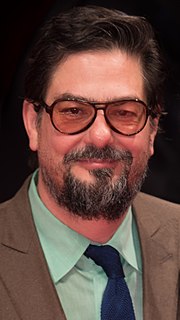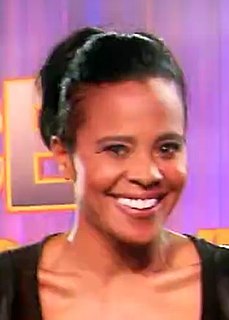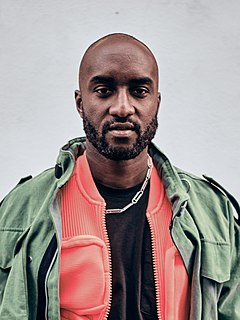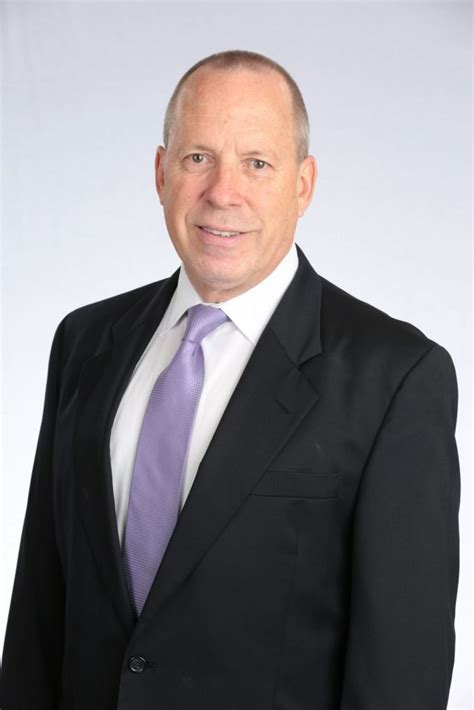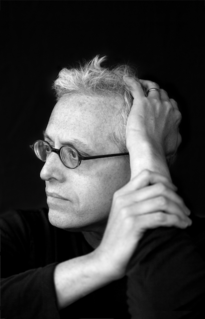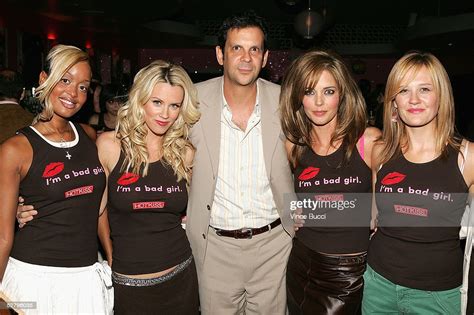A Quote by Roman Coppola
The director is the ultimate creative arbiter of what's going to happen. And as a director myself, you really appreciate collaborating with people who are trying to help you find what you need and what you want.
Related Quotes
When you're a director, you have great respect for directors. I am really pretty loyal to any director that I am working for and I want to help them realize whatever story and mood and tone that they're trying to realize. As an actor, you really just are a cog - you are an important cog, but you are just a piece of the machine.
With a director it's all about the work; I'd work with a great director over - you know, I'm not the kind of actor who that doesn't go, 'I want to play this role.' It's more like, 'I want to work with this director,' regardless of what the role is because if it's a good director, you'll probably find a good role because it's a decent film. But a mediocre director will always make a mediocre movie.
The shift for me, after spending a long time trying to take existing projects and bring them to fruition as a director for hire, is going back to where I started as a self-generating director. After trying and failing to get so many things made, I have decided that you've just got to do something you really, really love.
Choosing a director is like choosing a therapist - you want somebody who is going to be a step or two ahead of you, who can interpret and articulate your intentions better than you can, with the benefit of objectivity. I look for a collaborator who is going to help bring to life, on stage, in three dimensions, what is on the page. I wouldn't want a director who imposes conceits or distrusts the text or who has prejudged the characters.
The producer can put something together, package it, oversee it, give input. I'm the kind of producer that likes to take a back seat and let the director run with it. If he needs me, I'm there for him. As a director, I like to have the producer there with me. As a producer, I don't want to be there because I happen to be a director first and foremost, I don't want to "that guy."
I think I'm an extremely conscientious producer and now equally as a director and it gives me the opportunity to look at the entire movie and really allow the movie to be the creative vision of the actors, the writer and myself, because I'm in charge of it from a producer and a director point of view.
My teachers believe that the creative producer's job is to service the vision of the director, to stay within schedule and budget, and to get the studio what they need, but you work for the director to get their vision on the screen. That's not how everyone approaches producing, but it is certainly how directors like you to approach producing. How I was brought up is that my job is to help you make the movie you want to make.
